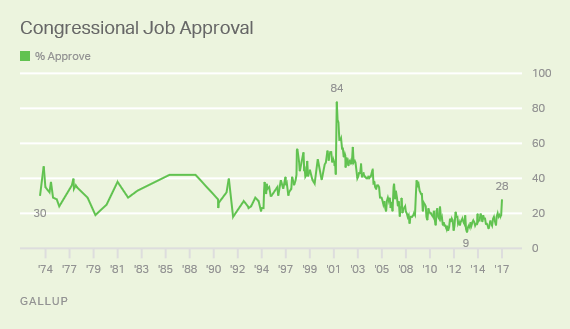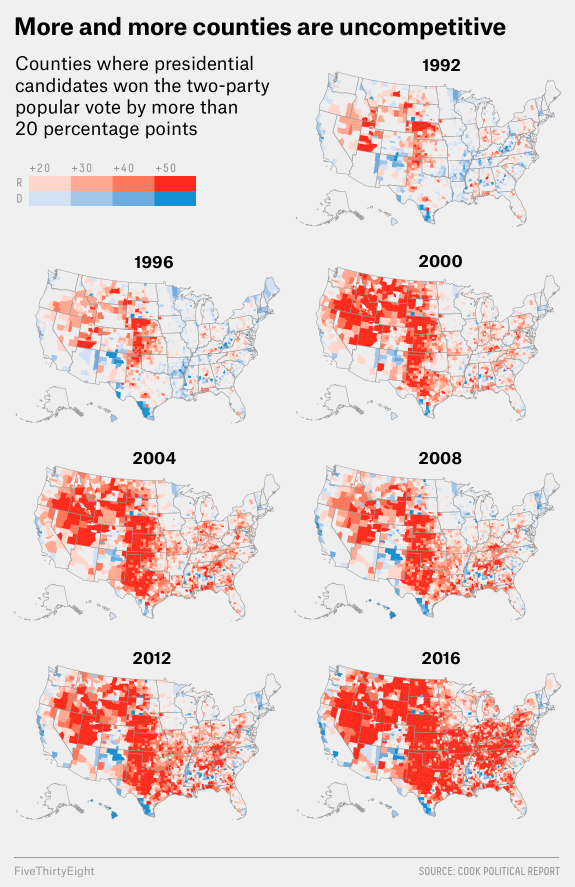Thus for the awakened creator to properly survive in the digital age, supply must become binary. You see, the awakened creator recognizes that they cannot control their work once it is out there in digital form, that every attempt to do so will be foiled if someone wants to work hard enough, so the creator stops trying to demand that control.
This is what I mean when I say we have to think of supply as binary. For a digital good, the question is not how many copies exist. That’s a desperate holdover from a prior age, built on systems of control that no longer work. For a digital good, the question should be, Is there a copy at all? Does it exist, or not?
The contortions we’re going through, in order to continue to refuse to acknowledge that fact, and where it necessarily leads us–it all gets a little exhausting, don’t you think?
In the digital world, for digital goods, the only thing that makes sense is to pay the creator not for the work they’ve done, but that they keep working. You pay them because they have earned your trust: you have found what they produce valuable, and you see that they continue to produce.
In other words, you stop paying by the copy. You pay for the first copy. You pay to help bring it into existence.
It took me ten years, maybe more, to trust that insight enough to commit to it. That’s what you see here. It is, in part, what Free Refills means.
That insight tells me that I am not going to spend my day asking other people if I can have their permission to write something in exchange for money. I’m just going to write the fucking thing, and publish it, and then I get to point to it and say, “See? I wrote this. And it’s good. You like it too? You should pay me to write more things like this. Then everybody wins.”
I called myself a coward all those years ago for hating the fairly insane and deeply demoralizing act of querying for work. I watched myself work very hard to write something (the query letter) in which I promised that I have the ability to work very hard to write something really good on the topic that I am here in this letter already talking about. But in the Catch-22 that every freelance writer experiences, until you have the evidence to show you can keep your promise, in the form of pieces already published, most of the time the editor in question will say no.
So I took that asshole out of the equation. Who the fuck are you to tell me no?
I spent years calling myself a coward, but I’m not doing it anymore. Neither am I tilting at windmills and calling them giants. The old world is crumbling in part because of our stubborn, terrified refusal to acknowledge the new.
Two years ago today I tentatively put forth my first piece in the manner that I believed my long-ago insight demanded of me. And I’m staking my future on that belief.
And thus we come full circle to the promise I made that day. In those first, hesitant steps, I gave up on the stupid idea that it had to be perfect. Instead, I committed to the better idea: that something had to be. Every. Single. Fucking. Day.

